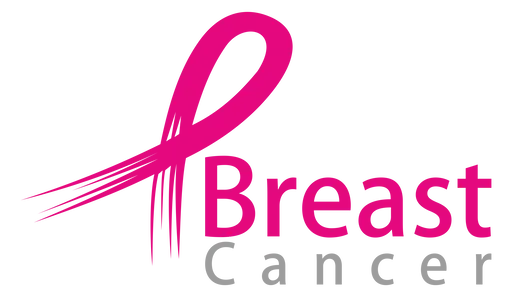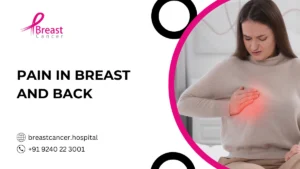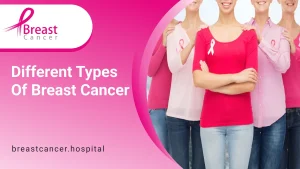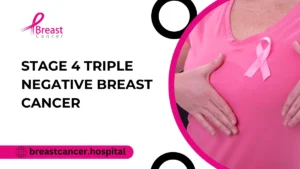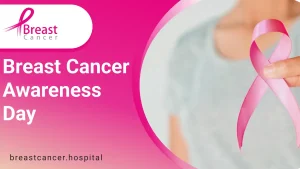Breast cancer is a significant concern for women across the globe. It’s the most common cancer diagnosed among women, excluding skin cancers. Knowing the risk factors associated with breast cancer can empower individuals to make informed health decisions. In this blog, we’ll explore breast cancer risk factors, how they affect individuals with a family history of breast cancer, and the relationship between estrogen exposure and cancer development.
Understanding the Primary Risk Factors of Breast Cancer
Breast cancer doesn’t have a single cause. Instead, a range of breast cancer risk factors contribute to the likelihood of developing the disease. Some factors, like family history and genetics, are beyond control. However, understanding these risk factors can help you take proactive measures.
Key Breast Cancer Risk Factors:
- Age: The risk of breast cancer increases as you grow older. Most cases are diagnosed in women over 50.
- Family History of Breast Cancer: If close relatives (mother, sister, or daughter) have had breast cancer risk factors , your risk doubles.
- Genetic Mutations: Inherited mutations in genes like BRCA1 and BRCA2 significantly increase the risk.
- Hormone Levels and Estrogen Exposure: Prolonged exposure to estrogen, especially due to early menstruation or late menopause, raises the risk.
- Lifestyle Factors: Alcohol consumption, obesity, and lack of physical activity are modifiable risk factors.
- Radiation Exposure: Those exposed to radiation therapy, especially during childhood, are more susceptible to breast cancer later in life.
By being aware of these factors, individuals can work with healthcare providers to monitor their health and reduce risk.
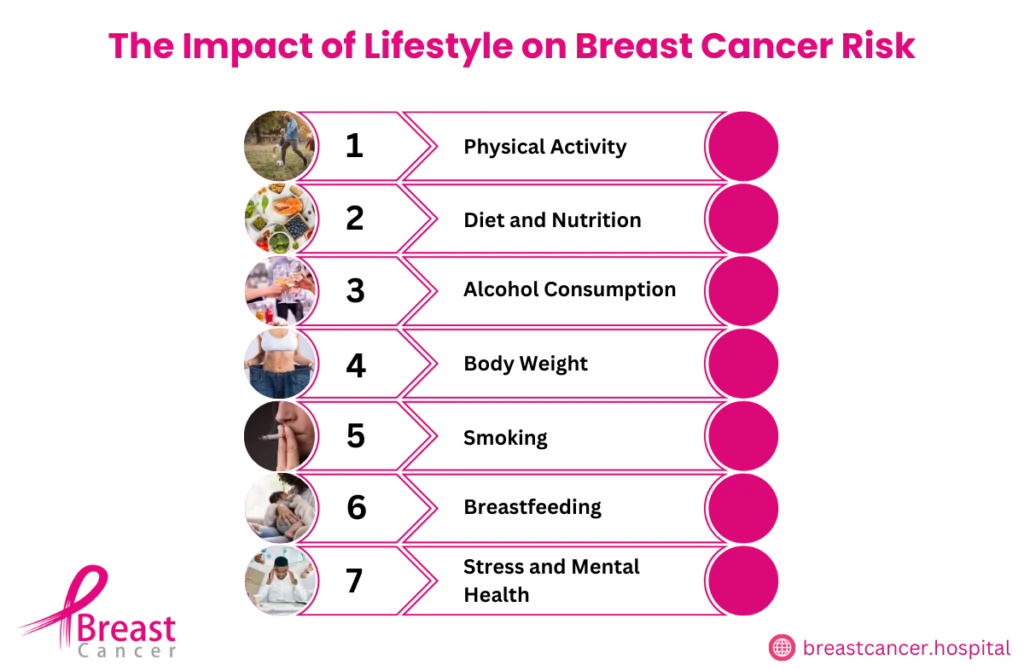
How Your Family History and Estrogen Exposure Contribute to Breast Cancer
One of the most significant risk factors is a family history of breast cancer. If someone in your immediate family has been diagnosed, your chance of developing the disease nearly doubles. This doesn’t mean is breast cancer estrogen driven risk factorsis inevitable, but it underscores the importance of regular screenings and genetic counseling for those at higher risk.
The Role of Estrogen Exposure in Breast Cancer
Estrogen exposure is another important factor to consider. Estrogen is a hormone that regulates female reproductive functions, but extended exposure to high levels of this hormone is associated with increased is breast cancer estrogen driven risk factors. Here’s how estrogen exposure plays a role:
- Early Menstruation and Late Menopause: If your periods began before age 12 or menopause occurred after age 55, your body has had more extended exposure to estrogen.
- Hormone Replacement Therapy (HRT): Some types of HRT, especially when taken for more than five years, can increase breast cancer risk factors.
- Birth Control Pills: Certain oral contraceptives have also been linked to an increased risk, though the risk declines after discontinuing use.
By understanding how estrogen exposure works, women can weigh the benefits and risks of hormone-related therapies with their healthcare providers.
Who is at High Risk for Breast Cancer?
Understanding who falls into the high-risk category for breast cancer can help target prevention efforts effectively. Below are some critical factors:
- Family History of Breast Cancer:
- Individuals with a family history of breast cancer, particularly in first-degree relatives (mother, sister, or daughter), face a significantly higher risk.
- Genetic mutations such as BRCA1 and BRCA2 can further elevate the risk.
- Age and Gender:
- Women are predominantly at risk, with the likelihood increasing as they age, especially after menopause.
- Hormonal Factors:
- Prolonged exposure to estrogen, such as from early menstruation (before age 12) or late menopause (after age 55), contributes to higher risk.
- For those wondering, is breast cancer estrogen driven. The answer is yes, in many cases, estrogen can promote the growth of hormone receptor-positive breast cancers.
- Lifestyle and Environmental Factors:
- Sedentary lifestyle, high alcohol consumption, and obesity are significant contributors.
- Exposure to radiation therapy, especially in childhood or early adulthood, can also increase risk
Having Certain Benign Breast Conditions
Benign breast conditions, while non-cancerous, can elevate breast cancer risk. These include:
- Atypical Hyperplasia:
- This condition involves abnormal cell growth in the ducts or lobules of the breast.
- Lobular Carcinoma In Situ (LCIS):
- Although not cancerous, LCIS increases the likelihood of developing invasive breast cancer.
- Fibroadenomas and Cysts:
- While typically benign, certain complex fibroadenomas may slightly raise the risk.
- Dense Breast Tissue:
- Women with dense breast tissue are more likely to develop breast cancer, as it can mask tumors during mammography.
Taking Action to Reduce Your Breast Cancer Risk
Now that you’re aware of your risk factors, the next step is to reduce your risk. While some factors, like family history of breast cancer, can’t be changed, you can still make lifestyle adjustments and seek preventive care.
Steps to Reduce Breast Cancer Risk:
- Maintain a Healthy Weight: Obesity, especially after menopause, increases breast cancer risk factors. A balanced diet rich in vegetables, fruits, and whole grains can help manage weight.
- Exercise Regularly: Physical activity helps lower your risk. Aim for at least 150 minutes of moderate exercise each week.
- Limit Alcohol Consumption: Even moderate alcohol intake has been linked to breast cancer, so it’s advisable to reduce consumption.
- Consider Genetic Counseling: If you have a strong family history of breast cancer, genetic counseling can help identify if you carry gene mutations (such as BRCA1 or BRCA2) that increase your risk.
- Be Mindful of Hormone Therapies: Talk to your doctor about the risks of estrogen exposure due to hormone replacement therapy or birth control pills.
- Regular Screenings: Mammograms and self-exams are crucial. Early detection significantly improves treatment outcomes. If you’re at high risk, your doctor might recommend earlier or more frequent screenings.
These preventive measures not only decrease your likelihood of developing breast cancer but also support overall health and well-being.
Empower Yourself with Knowledge and Preventive Care
The best way to protect yourself against Causes of breast cancer in unmarried girl is by staying informed and taking preventive action. Early detection through routine screenings, along with lifestyle changes, can significantly reduce your risk. If you have a family history of breast cancer or are concerned about prolonged estrogen exposure, it’s essential to consult your healthcare provider for personalized advice.
Conclusion
Breast cancer is a complex disease influenced by many factors, some of which are beyond your control, like family history and estrogen exposure. However, being informed about your risks and making proactive lifestyle changes can significantly reduce the likelihood of developing breast cancer risk factors. Regular screenings, maintaining a healthy weight, exercising, and limiting alcohol intake are powerful tools for prevention.
